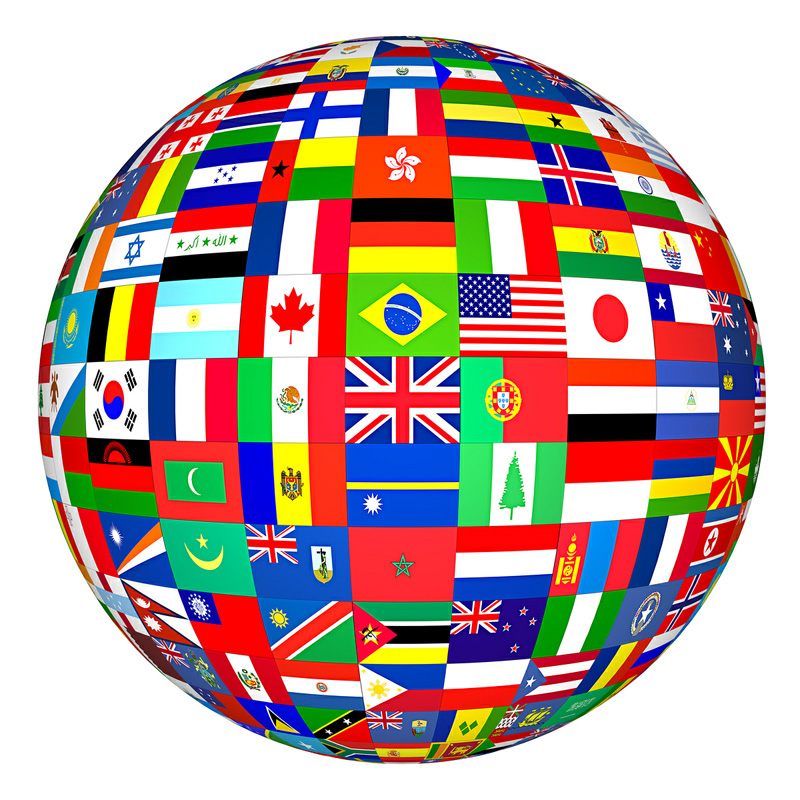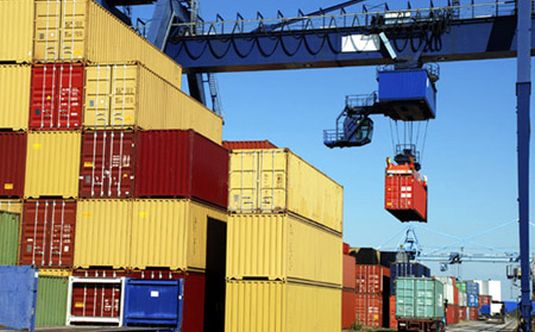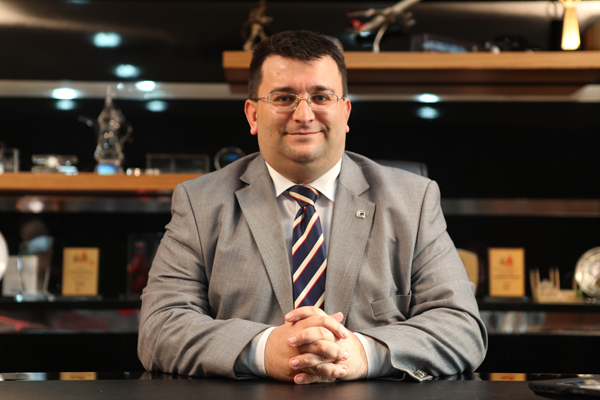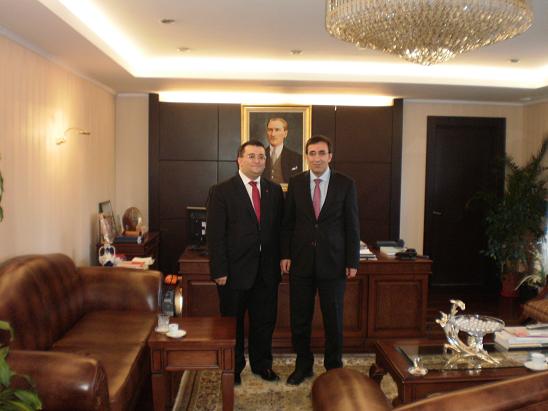irleşmiş Milletler Demokrasi Fonu ( UNDEF) tarafından, toplumsal kalkınma, medya, hukuk düzeni ve insan hakları, demokratikleşme araçları, kadın ve gençlik konuları olmak üzere 6 öncelik alanında yazılan projelere hibe verilecektir. Verilecek hibe, 100.000 Dolar ve 400.000 Dolar aralığında değişmektedir.
İngilizce ya da Fransızca dillerinde kabul edilecek proje başvuruları için son başvuru tarihi 31 Aralık 2013’tür.
UNDEF projects are two years long, project grants ranging from $100,000 to $400,000, and fall under one or more of six main areas:
• Community development
• Rule of law and human rights
• Tools for democratization
– Media
• Women
• Youth
The stages of the process are:
1. Online Project Proposal System
The on-line project proposal system can be accessed at the UNDEF website at www.un.org/democracyfund, only during the annual window. Please read an example of an application form, project proposal guidelines, lessons learned for applicants, frequently asked questions and summaries of existing projects.
Project proposals submitted by e-mail, regular post, facsimile, diplomatic or UN pouch, hand or courier delivery or any other channel will NOT be considered. Neither will project proposals in any language other than English or French.
2. Long List
Proposals are subjected to a thorough process of assessment, quality control and due diligence. An initial examination by a team of independent assessors is conducted, a process in which all applications are judged on their inherent quality and scored according to the following criteria:
The project promotes the objectives of UNDEF
The project draws on the United Nations comparative advantage
The project will have a significant impact
The project will encourage inclusiveness
The project will enhance gender equality
The project has strong prospects for successful implementation
The applicant organization has a strong track record
The project is technically sound in conception and presentation
The project represents good value for money
The project has strong prospects of sustainability beyond the project duration.
The UNDEF team then narrows down the list to 200-300 of the highest scoring projects. In doing so, the global and regional projects is considered separately from the various national project proposals and are considered within the respective global and regional baskets.
3. Short-List
The long list produced by the team of independent assessors is then examined by the Fund’s Programme Consultative Group — comprising the Department of Political Affairs, the Department of Peacekeeping Operations, the Office of the High Commissioner for Human Rights, the UN Development Programme, the UN Development Fund for Women and the UN Office on Drugs and Crime — in consultation with United Nations Resident Coordinators in the field.
4. UNDEF Board
The Programme Consultative Group review yields a short list which is reviewed by the UNDEF Advisory Board — comprising Governments, civil society and individuals.
5. UN Secretary-General
The final short list is then submitted to the UN Secretary-General for approval, usually in May or June.
6. Project Document
Once the short list is approved by the Secretary-General, the proposal moves into the final stage in the selection process: the negotiation of a project document, which is in effect the contract between UNDEF and the grantee. This negotiation requires the applicant to provide a more elaborated project design, and involves detailed input from both UNDEF and the applicant, as well as scrutiny and due diligence enquiries by UNDEF. Only upon successful conclusion of the project document, and its approval by the United Nations Controller, will the project proposal formally be approved for funds disbursement. This can be expected to happen in September at the earliest.
For more info, click here.:http://www.un.org/democracyfund/apply-funding





